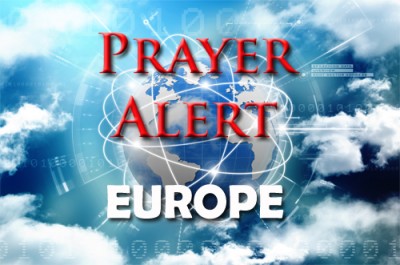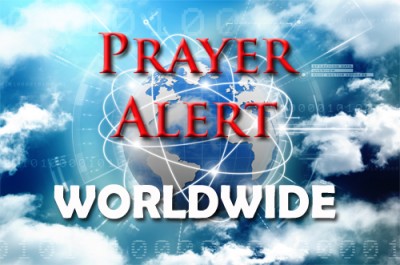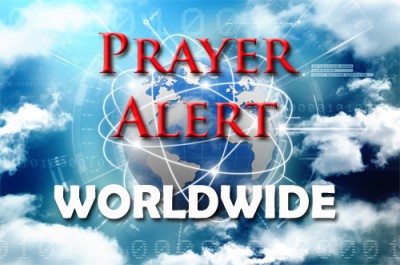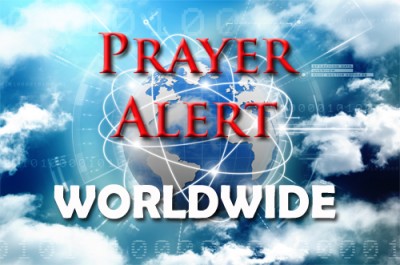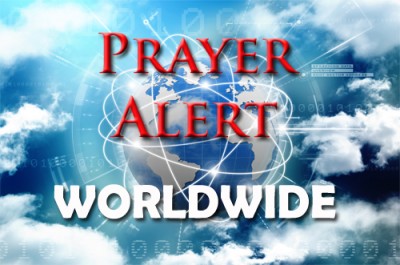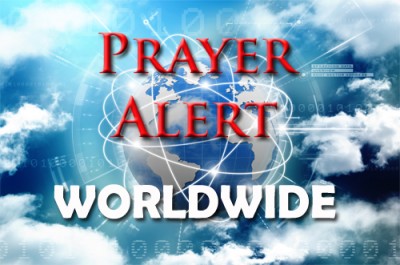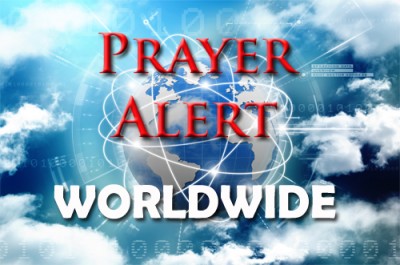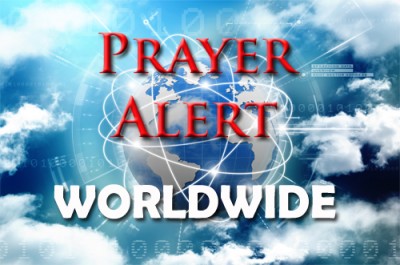EU / Turkey relationships
08 Dec 2017Turkey-EU ties are currently marked by mutual resentments and appear to be going nowhere. In a sign of the times, Brussels is withholding 175 million euros in pre-accession funds for Turkey, which on paper remains a candidate for EU membership. Ankara says it doesn’t need EU money or membership, but it is developing ties with individual EU members, which seems to be a search for another kind of relationship with Europe. French president Emmanuel Macron, who has emerged as Erdogan’s principal European speaker, said Turkey is a partner in many crises Europe faces, notably the immigration challenge and the terrorist threat. Countries such as Germany and France are angry about EU citizens arrested in Turkey on what they say are trumped-up charges linking them to the Kurdistan Workers Party (PKK) or the so-called Fethullah Gulen Terror Organisation (FETO). They are accusing Ankara of holding these people hostage.
Israel: Trump recognises Jerusalem as capital
08 Dec 2017In 1995 the US passed the ‘Jerusalem Embassy Act,’ which formally recognised Jerusalem as Israel’s capital and called for their embassy to move there from Tel Aviv. With overwhelming support it passed the Senate by 93 to 5. President Trump has now implemented that decision. Israel’s intelligence services minister Yisrael Katz said, ‘The Palestinian reaction is a rejection of Israel’s right to exist as a Jewish state, just as Arabs did 70 years ago.’ He also said that this action will make it clear to Palestinians that they too must recognise Israel, which is necessary for the peace process. He said Israel would take economic steps to help the Palestinians, singling out the regional railroad project currently being proposed. Manuel Hassassian, Palestinian representative to Britain, warned, ‘Trump is effectively declaring war in the Middle East’. See also
Global: do Mormons know Jesus?
08 Dec 2017Jesus is the central character in the Christmas story. But 15 million Mormons have a false understanding of Him, believing that the Father, Son, and Holy Spirit are three gods. They believe the lie that salvation depends on their works instead of on the work of Jesus Christ; and the Heavenly Father began as a spirit child, came to earth to gain a body, and earned his way to godhood. Many good works are required for Mormons to earn the privilege of living with the Heavenly Father in the next life. One ‘good work’ is temple work for the dead - a person can be saved after they have died when temple works are completed by those still living. Mormonism teaches that man is not born in sin and cannot sin until the age of eight; and Eve’s disobedience was ‘a fall upward, a necessity for eternal progression toward godhood’.
Global: freedom of thought regressing
08 Dec 2017Asia Bibi, a Pakistani Christian woman who has been on death row for blasphemy since 2010, has been nominated for this year’s Sakharov Prize for Freedom of Thought. The 2017 report by the International Humanist and Ethical Union, presented on 5 December, should be alarming to all who care about freedom of thought and expression, as it shows ‘a pattern of regression on a global scale’. It shows that 85 countries have at least one law or symptom of ‘severe discrimination’ against those who think or believe differently; the free thinkers. Thirty countries are guilty of ‘grave violations’ such as prescribing the death penalty for apostasy, or ‘religious instruction in a significant number of schools, of a coercive fundamentalist or extremist variety’. See also the next article, about Canada’s religious freedom in schools.
Canada: religious freedom denied
08 Dec 2017Canadian father Steve Tourloukis - who featured in television commercials for the Coalition for Marriage - has been fighting a legal battle since 2012 to protect his parental rights and religious freedom. The legal battle has just come to an end, but not in the favour of Mr Tourloukis - or Canadian religious freedom. He initially sent a letter to the school board asking that his children be opted out of the sexual education programme, since many of the messages in the class directly conflicted with his religious beliefs. He specifically mentioned that he was concerned about the ‘discussions or portrayals of homosexual/bisexual conduct and relationships and/or transgenderism as natural, healthy or acceptable’. When they refused his request, he took them to court, but Ontario’s appeal court has ruled against him, and against the International Covenant on Civil and Political Rights.
President Putin told representatives of the Russian Orthodox Church: ‘Over the past few years the Russian state, alongside the Russian Orthodox Church and other religious organisations, has provided humanitarian aid to Syria. It is very important that peaceful life is re-established as soon as possible, so that people can return and begin rebuilding churches and temples.’ Putin also stressed that most of the historically Christian areas have been liberated. Syria’s Christian community, one of the oldest in the world, has shrunk from 30% to an estimated 10% of the population, after being driven from their homes or forced to convert to Islam. Syrian Christians lived in Syria for centuries before Assad, but only reached the highest levels of government when Syria was democratic. Despite being a minority they have long belonged to Syria's elite, and joined prominent political groups.
USA: southern California’s explosive fires
08 Dec 2017Hundreds of firefighters are working around the clock to battle fast-moving wildfires in southern California, and wind gusts of 80mph are expected to make matters worse. Wildfires across hillsides quickly incinerated neighbourhoods; over 110,000 people were evacuated in one county on 6 December. Prayer is needed for the overworked firefighters coping with explosive fire growth; for the crews from other states and the National Guard giving assistance; for the thousands of families now sheltering in community buildings, and the provisions needed for their comfort; for those who have had their homes destroyed; and those mourning lost families and friends. Ecologist Alexandra Syphard said, ‘Canyons cutting through the hills align diagonally with the direction of the Santa Ana winds and turn into fire funnels. Fire is part of life for the cities spread across the hills. At the end of a summer of droughts, with Santa Ana blowing, we have ideal conditions for the type of wildfires we’re experiencing every year.’ See
Global: the power of leaders’ words
08 Dec 2017There is huge power in the words we speak. The ambitious crown prince Mohammed bin Salman of Saudi Arabia called Iran's supreme leader ‘the Hitler of the Middle East.’ An Iranian foreign ministry spokesman accused the ‘adventurist’ prince of ‘immature, inconsiderate, and baseless remarks and behaviour.’ Rivals for control of the Middle East, Shi'ite Iran and Sunni Saudi Arabia are presently engaged in proxy wars in Yemen, Iraq, and Syria. Kim Jong-Un’s ballistic bluster and President Trump’s ‘fire and fury’ has created more tension in Asia, while Pope Francis was cautioned not to utter the word ‘Rohingya’ in Myanmar. We are asked to pray for the world's leaders to understand fully the power that their words have to hurt or to build up, to cause conflict or to ease tension. May they heed the advice of many seasoned and wise counsellors.
